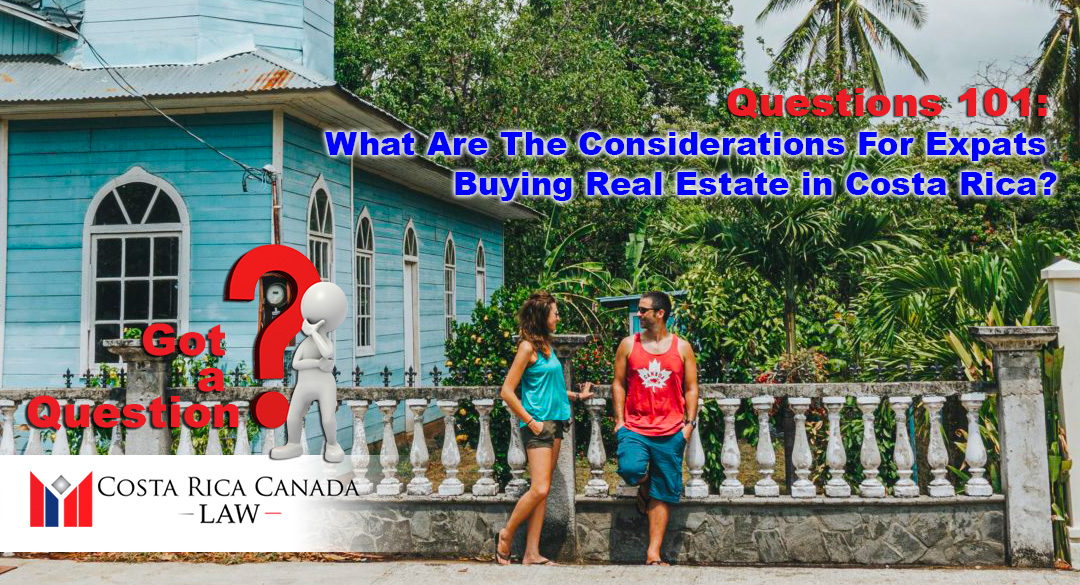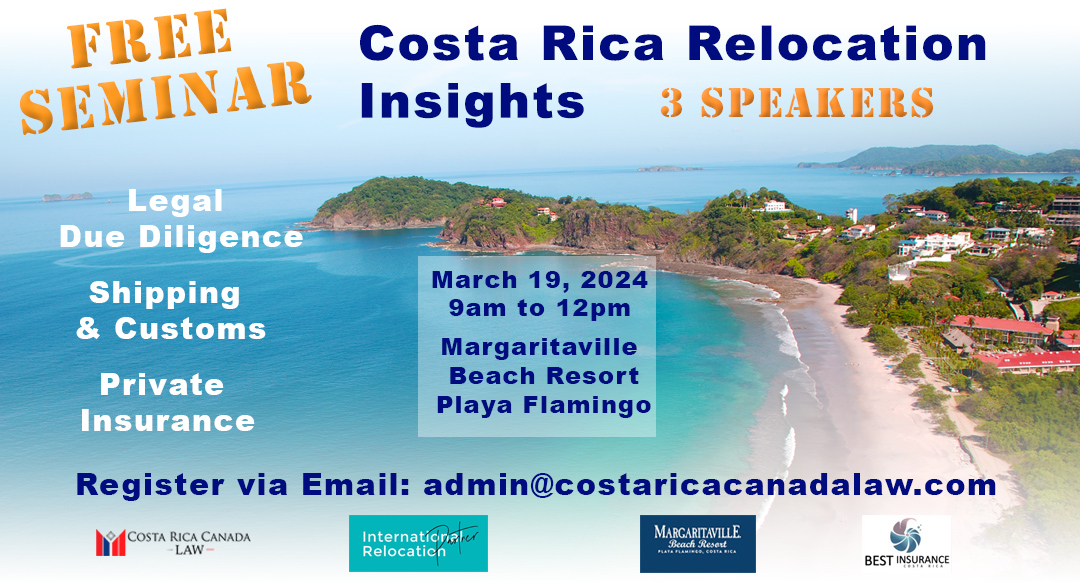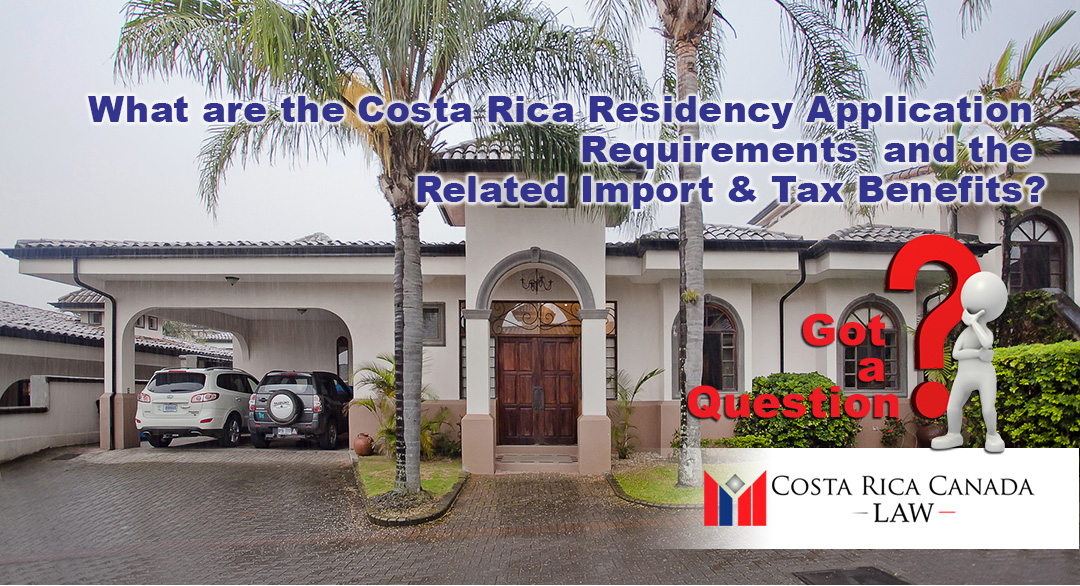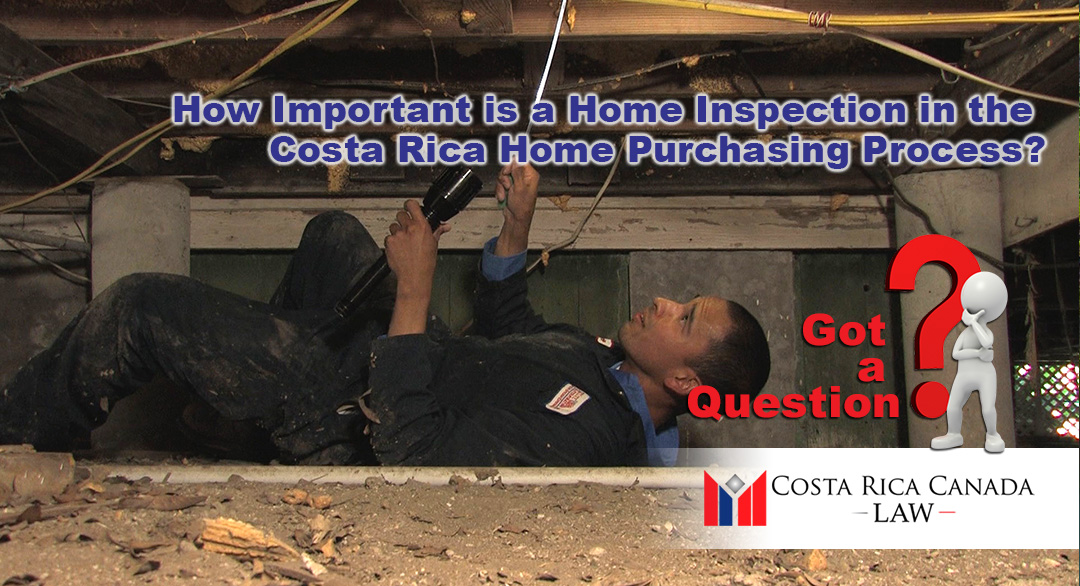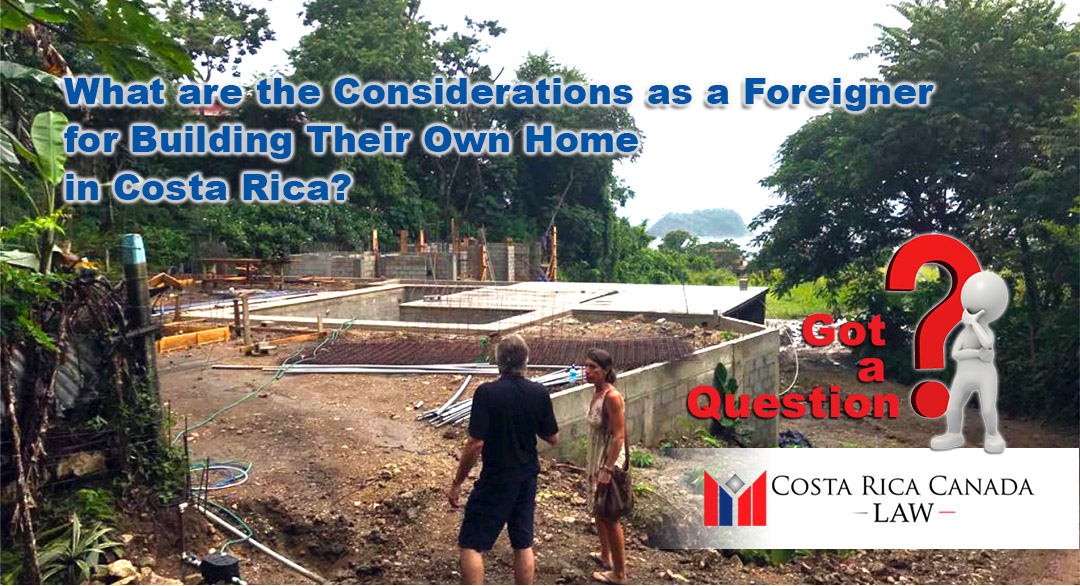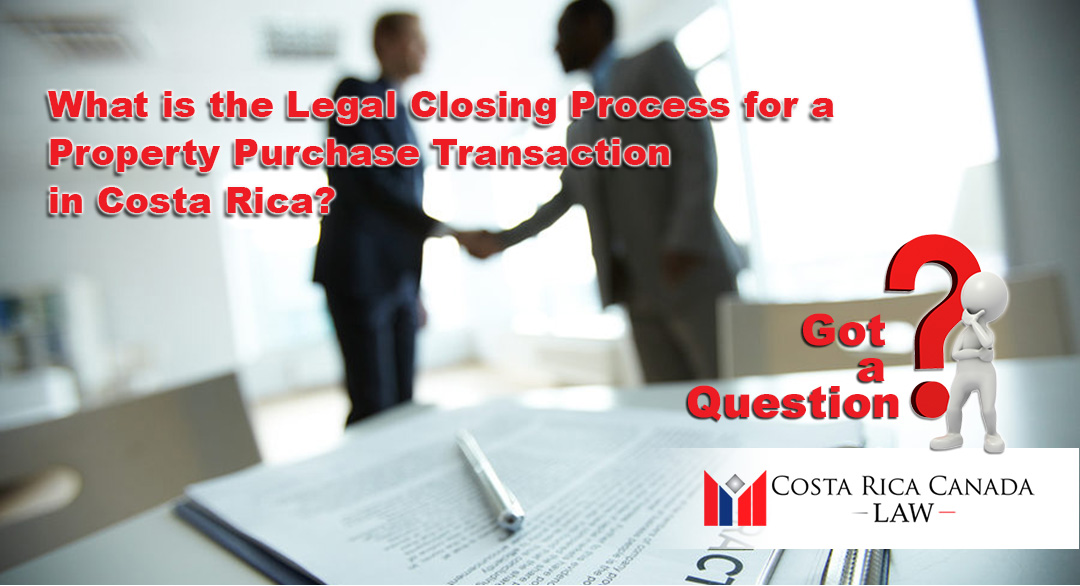Purchasing Real Estate in Costa Rica can present many pitfalls to the would-be expat purchaser. As a practicing Real Estate Attorney in Costa Rica, I have seen many of these pitfalls, often presented to me for resolution by expats after the damage is done. One of the main items for consideration in avoiding these pitfalls is to choose a competent Real Estate Agent and Real Estate Attorney at the outset.
Regulation of the Real Estate Industry
The Real Estate industry is not regulated in Costa Rica, nor is there any required professional certification process for Realtors. Two voluntary membership Real Estate ethics organizations exist, but neither organization has the authority to discipline, suspend, or disenfranchise Real Estate Agents for unprofessional or dishonest behaviour. There is no organized MLS System to assist with locating suitable properties for sale in an area in which the purchaser may be interested. Some Real Estate Agencies have cooperation agreements with other Agencies, to provide a limited country-wide property base for a would-be purchaser to consult.
Regardless of the lack of regulation and training, I have worked with many Realtors who have prior experience in the Real Estate Industry in countries such as Canada, or the U.S., who have imported that knowledge and skill into Costa Rica.
Selecting a Realtor
It is important to select a Realtor who has local knowledge of the properties available for sale in the area of the Country that the purchaser is interested in. This can be accomplished in-part by Real Estate web site searches on the internet. The other important factor is to check the references of the Realtor that you select. If utilizing the services of a foreign Realtor, it is important to know that they hold the correct Immigration status in Costa Rica to be practicing as a Realtor.
Selecting a Real Estate Attorney
When selecting a Real Estate Attorney, it is important that you select an Attorney who is a specialist in Real Estate Law and is acting for your interests only, independently from the interests of any of the other parties involved in the real estate transaction. Of course, it is most important as a purchaser, not to use the same Attorney as the Seller of the property, for the obvious conflict of interest issues that arise. In Costa Rica, all Attorneys are regulated and subject to disciplinary measures, including suspension from practice, for unprofessional conduct. Lawyers must hold a Costa Rica Law Degree, and must be incorporated as Members of the College of Lawyers, in order to practice law.
The Legal System
Costa Rica, being a Civil Law Jurisdiction, rather than an English Common Law Jurisdiction, which comprises the majority of the U.S. and Canada, it is the Notary Public that is empowered to transfer title to a property in the National Registry. Normally, the Notary Public, who also must be an Attorney, will conduct all of the legal due diligence that is necessary with respect to a property, such as conducting a Property Title Search and a Property Survey Plan review, determining legal access, land use permits, etc. A Notary Public must be inscribed in and is regulated by the National Direction of Notaries.
Title Insurance Companies do not exist in Costa Rica and Title Insurance is not available. The Government of Costa Rica guarantees the property title to be as it is registered in the National Registry, except in the case of fraud.
My Opinion
It is important that all of the matters of legal due diligence are conducted and found to be satisfactory by a purchase during the due diligence period provided for in the interim Property Purchase Agreement and with the appropriate safe-guards in place, such as escrow, for the return of any deposit monies to the purchaser, should the due diligence indicate that proceeding with the property purchase would not be advisable.

